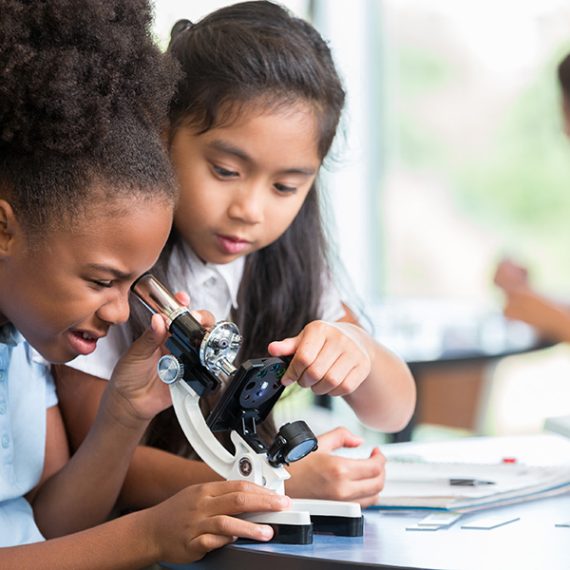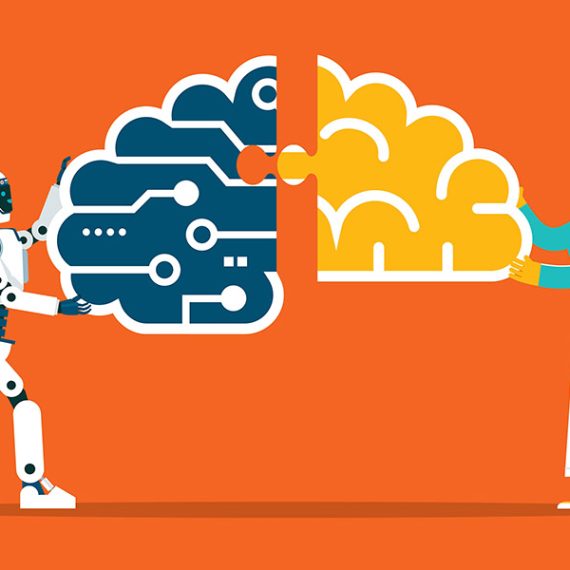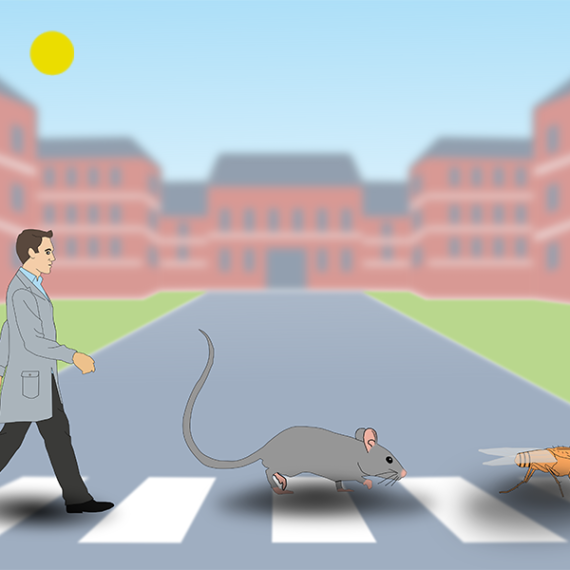Family members unite to fight COVID-19
Graduate student Sugandha Sharma and relatives develop an app to help track and prevent the spread of COVID-19.
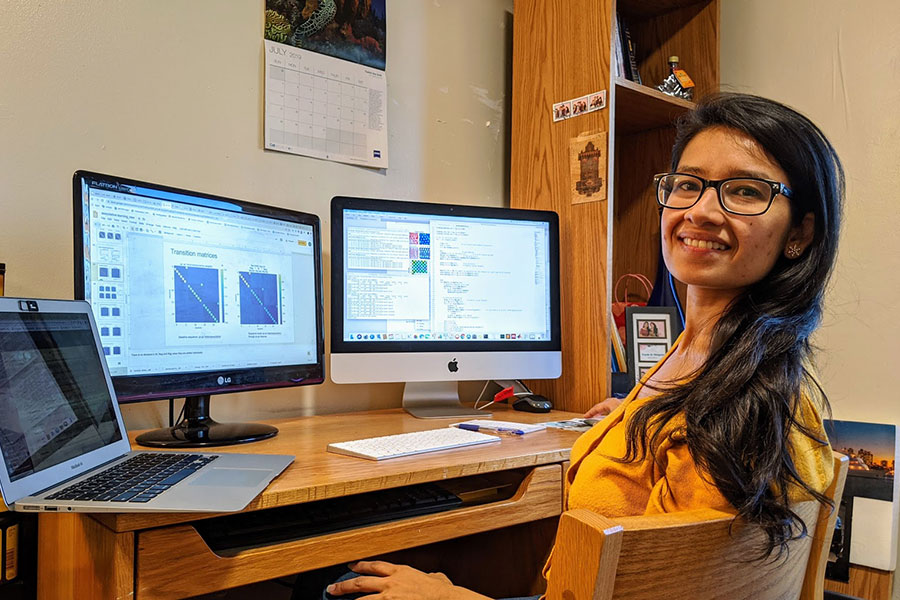
Even before MIT sent out its first official announcement about the COVID-19 crisis, I had already asked permission from my supervisor and taken my computer home so that I could start working from home.
My first and foremost concern was my family and friends. I was born and brought up in India, and then immigrated to Canada, so I have a big and wonderful family spread across both those countries. These countries had a lower number of COVID-19 cases at the time, but I could see what would be coming their way. I was anxious, very anxious. In India, my dad being an anesthetist could be exposed while working in the hospital. In Canada, my uncle who is a physician could be exposed, and on top of that he lives in the same house as my grandparents who are even more vulnerable due to their age. I knew I had to do something.
We started having regular video calls as a family. My mom even led daily online yoga sessions, and the discussions that followed those sessions ensured that we didn’t feel lonely and gave us a sense of purpose. Together, we looked at the statistics in the data from China and Italy, and learned that we needed to flatten the curve due to the lack of medical resources required to meet the need of the hour. We could foresee that more infections would lead to more patients, thus raising the demand for medical resources beyond the amount we had available.
We had several discussions around developing products for helping medical professionals and the general public during this pandemic.
We learned that since no government has enough resources to cope at the time of pandemics, we have to be innovative in trying to make the best use of the limited resources available to us.
Through our discussions and experiences of some of us in the field, we came to the conclusion that the only way to effectively fight COVID-19 is prevention at source. Hence, we started working on a mobile app that uses AI and advanced data analytics to trace contact, determine the risk of infection, and thereby suggest precautions. Luckily we have engineers and computer scientists in our family (my own background is in electrical engineering), so it was easy for us to divide the work. In our prototype, when people sign-up, they are asked to fill out a short self-assessment form that can be used to identify any symptoms of COVID-19. This data is then used to predict vulnerable areas and to give recommendations to people who might have taken a certain route as shown below.
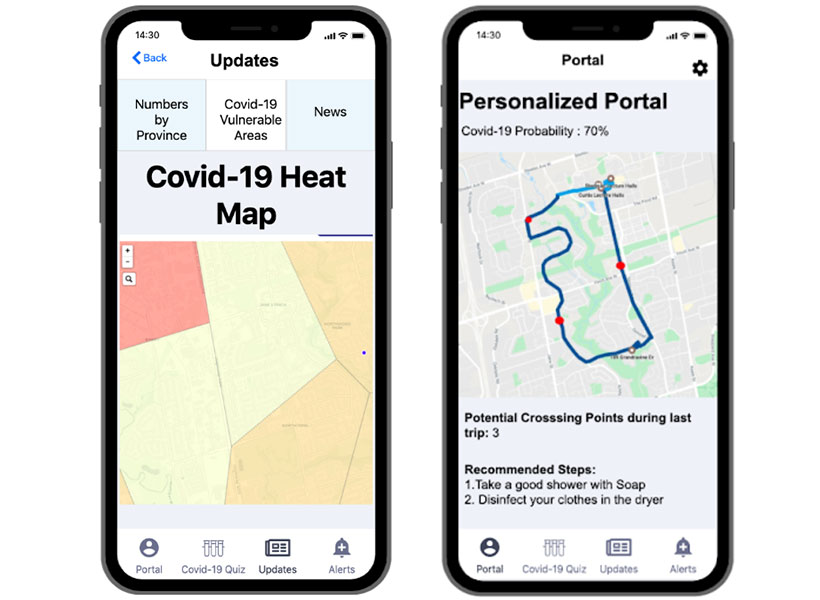
We ended up submitting our proposal and prototype to the COVID-19 challenge launched by Vale (a global mining company) and the winners will be announced in May.
Personally, to be completely honest, I had my times when I broke down due to everything that was going on in the world around me. It’s not easy to see people dying, and losing jobs. My way of staying strong was to make sure that I was doing my best to contribute.
I have set up a beautiful home office for myself and I am focusing on my PhD research, being grateful that I can still continue to do it from home. I have also restarted the joint MIT-Harvard computational neuroscience journal club meetings online, so that members can get access to this wonderful community once again! It was amazing to see from a poll we conducted that 92% of the members of the club wanted the meetings to be re-started online.
These times are unprecedented for my generation, my mom’s generation and even for my grandmother’s generation. I have never seen the world come together in a way I have seen during this pandemic. The kind of response we have seen from our societies and governments across the globe shows that we can make intelligent decisions for the collective good of humanity. For once, we’re all on the same side!
Sugandha (Su) Sharma is a graduate student in the labs of Ila Fiete and Josh Tenenbaum. When she’s not developing a mobile app to fight COVID-19, Su explores the computational and theoretical principles underlying higher level cognition and intelligence in the human brain.


